Does hyaluronic acid serum works?
Benefits of Hyaluronic Acid for Skin
Hyaluronic acid is a powerhouse ingredient known for its impressive hydrating properties. Here’s how it benefits the skin:
- Deep Hydration for Dry Skin
Hyaluronic acid excels at drawing moisture into the skin, making it a top choice for combating dryness. Its ability to bind water helps lock in hydration, leaving the skin soft and supple. - Supports Skin Barrier Function
This ingredient plays a vital role in maintaining a healthy skin barrier, which is essential for protecting the skin from environmental stressors and preventing moisture loss. It also helps regulate cell turnover, contributing to smoother, more even skin. - Enhances Skin Texture and Radiance
Regular use of hyaluronic acid can lead to noticeable improvements in skin texture, giving the complexion a smoother, more radiant appearance. - Minimizes Fine Lines from Dryness
While it’s not a solution for deep wrinkles or sagging skin, hyaluronic acid can significantly reduce the appearance of fine lines caused by dehydration, particularly around the eyes and mouth. - Can Reduce the Appearance of Pores
For those with dry skin, hyaluronic acid can help by minimizing the appearance of enlarged pores, as it addresses the underlying dryness that may be causing them to look more pronounced.
Common Misunderstandings About Hyaluronic Acid
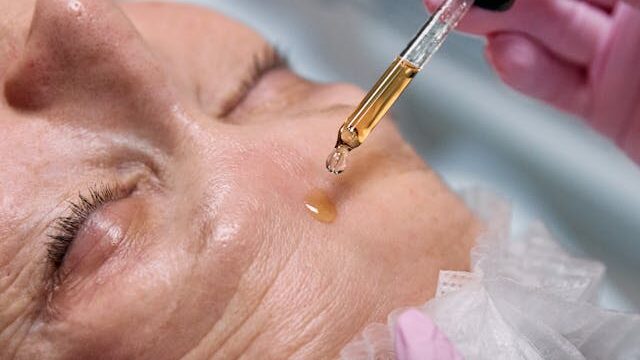
Despite its popularity, there are several misconceptions surrounding hyaluronic acid:
- Moisturizing Without Boosting Levels
While hyaluronic acid is excellent for moisturizing the skin, it does not increase the natural levels of hyaluronic acid present in the skin itself. Its primary function is to attract and retain moisture, rather than to replenish the skin’s own supply. - Limitations on Fine Lines and Sagging
Although hyaluronic acid can help hydrate the skin and reduce the appearance of fine lines, it won’t eliminate deeper smile lines or sagging skin. For more significant results, cosmetic procedures such as injections may provide temporary improvements.
Retinol Vs Hyaluronic Acid For Wrinkles
Hyaluronic Acid in Diet and Supplements
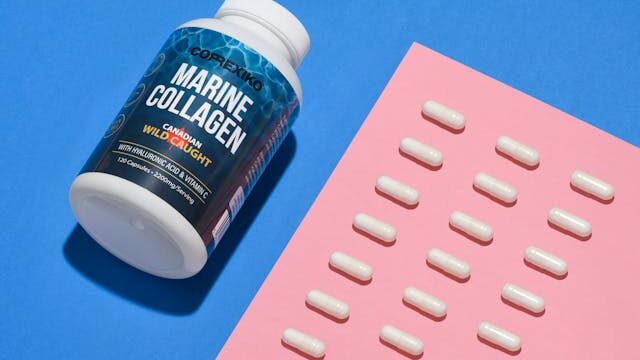
In addition to topical applications, some may wonder about the role of dietary sources and supplements:
- Dietary Sources
Foods such as pork trotters, chicken skin, and seaweed contain hyaluronic acid. However, simply consuming these foods does not guarantee an increase in hyaluronic acid levels in the skin. The body’s ability to utilize dietary hyaluronic acid can vary. - Supplement Benefits
Some studies suggest that hyaluronic acid supplements may help with joint pain and improve skin hydration. However, more research is necessary to confirm their effectiveness, and individual results may vary.
Choosing the Right Hyaluronic Acid Products
When choosing hyaluronic acid products, several key factors can influence their effectiveness:
- Type of Hyaluronic Acid
Different types of hyaluronic acid (e.g., low molecular weight vs. high molecular weight) have varying abilities to penetrate the skin and provide hydration. Consider which type is best suited for your skin needs. - Source and Manufacturing Method
The source of hyaluronic acid—whether synthetic or derived from natural sources—can impact its purity and effectiveness. Look for products that specify their manufacturing methods to ensure high quality. - Price and Concentration
Product price can vary significantly based on brand reputation and formulation. Additionally, consider the concentration of hyaluronic acid; a higher concentration often indicates a more potent product, but it’s essential to balance this with other ingredients for optimal results. - Ingredient List Evaluation
Checking the ingredient list is crucial. If hyaluronic acid is listed near the top, it indicates a higher concentration, suggesting that the product is formulated to deliver substantial hydration.
Hyaluronic Acid cause Dry Skin ?

Hyaluronic acid, particularly in its sodium hyaluronate form, is a popular choice for hydrating dry skin. Here’s how it works and what to keep in mind:
Potential Issues
- Cycle of Dryness: Repeated applications may lead to a cycle of dryness, as the skin can feel taut when the sodium hyaluronate dries. This may prompt users to reapply frequently.
- Barrier Disruption: Overuse can compromise the skin’s barrier function, allowing natural moisturizing factors (NMF) to escape, which may exacerbate dryness. Continuous application can also create a “pruney” effect, similar to prolonged exposure to water.
Prevention of Dryness
- Moderate Application: It’s crucial to use the appropriate amount of product and avoid excessive applications to maintain skin balance.
- Caution with Pure Formulations: Handmade products containing solely sodium hyaluronate should be used with caution due to these potential drawbacks.
Commercial Products
- Formulation Benefits: Many commercial cosmetics combine sodium hyaluronate with other hydrating ingredients to mitigate its downsides. Common humectants like glycerin and PCA-Na are effective in attracting moisture over longer periods.
- Combination Advantages: Using glycerin alongside sodium hyaluronate can enhance skin softness and prolong hydration effects. Always check that products include complementary ingredients to address the limitations of hyaluronic acid.

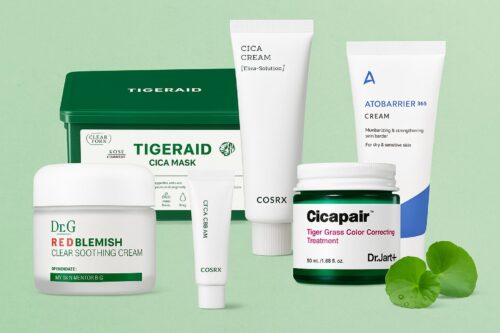




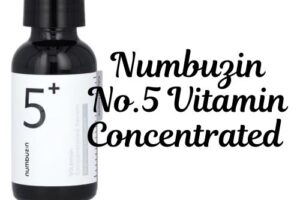
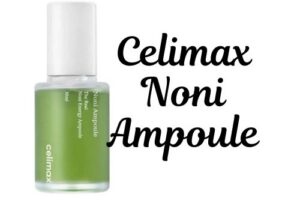
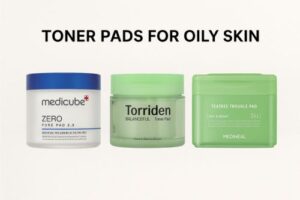

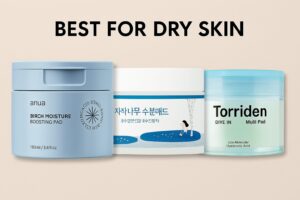
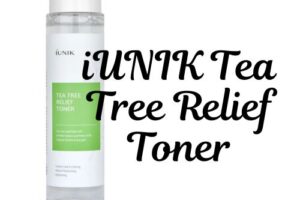
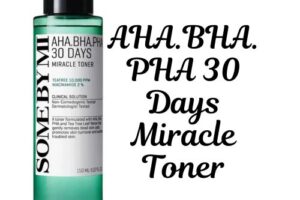

3 comments